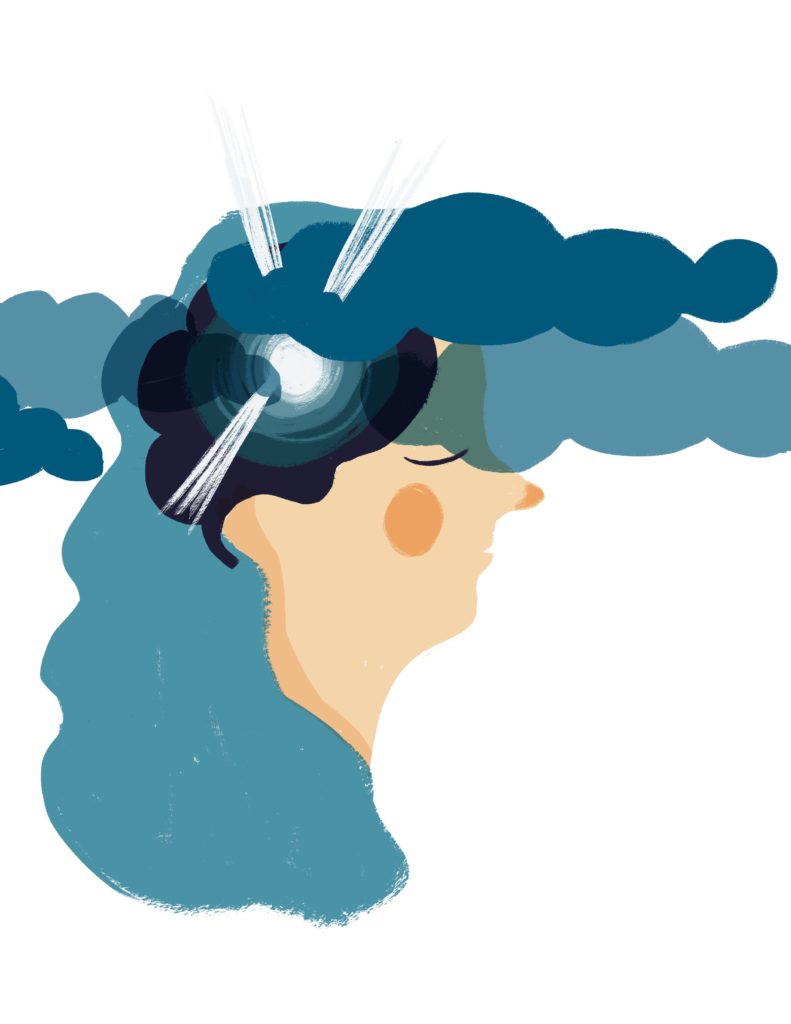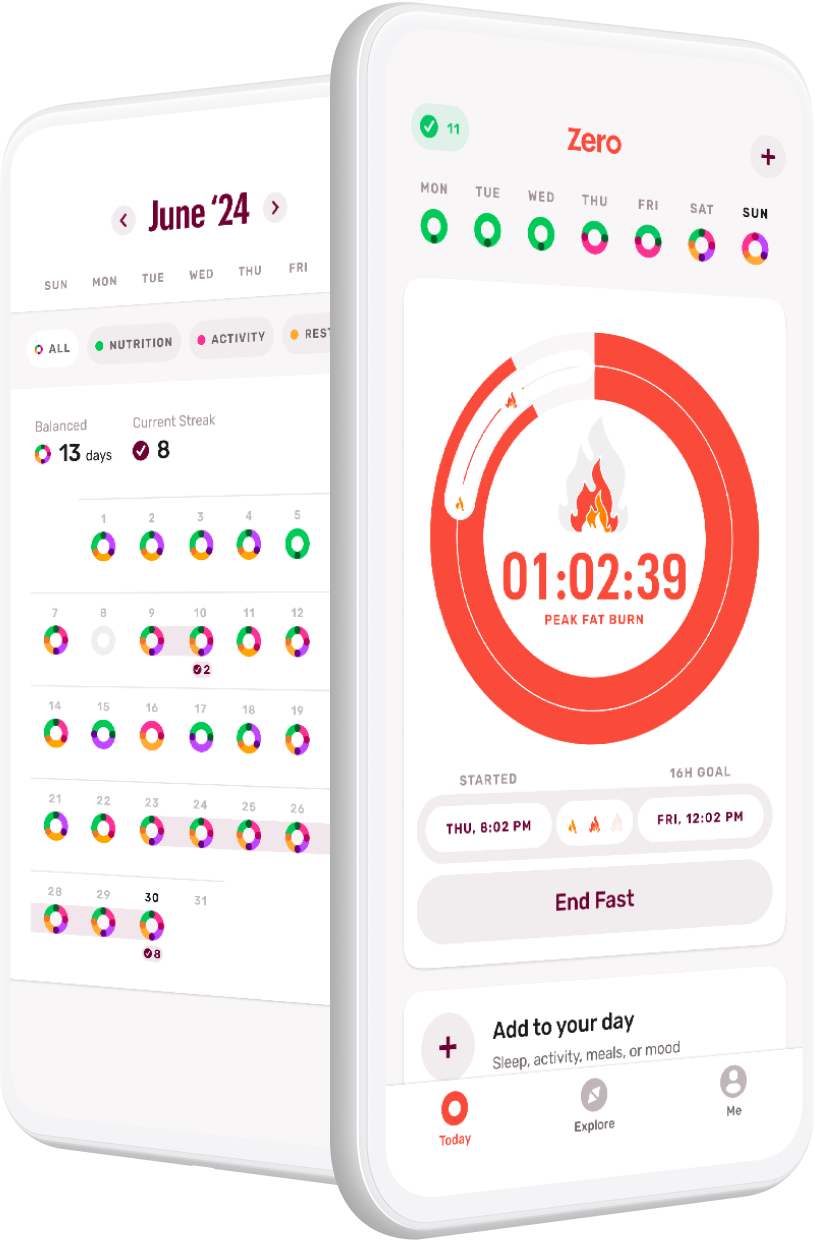
If you’re seeking to improve your mental clarity, or struggling with brain fog, the most effective way to boost your mind may be intermittent fasting (IF) — not taking in any calories for 12 to 24 hours. Fasting, it turns out, is like exercise for your brain. It improves the “plasticity” of your brain’s synapses — how quickly they respond to information, which is a marker of learning and memory. It also promotes recovery of the brain from stroke or other traumatic brain injury and reduces the risks of neurodegenerative diseases like Alzheimer’s and Parkinson’s disease.
So how does it work?
First we have to talk about how stress can be both bad and good. Good stress, meaning stress that doesn’t last for very long or become chronic, actually sharpens biological functions. It’s a primal response to challenges and dangers we face in our environment. So under good stress, your brain increases the production of certain molecules, such as glucocorticoids, catecholamines, and glucose levels, which prepare your tissues for responsiveness to challenges or danger. One of the effects of this stress response is sharpened senses and heightened awareness.
It makes sense that humans would have adapted this physiological function as a means of survival. According to the journal Neuroscience,“Those individuals whose brains functioned best during periods of resource scarcity would be the most successful in meeting the challenges. From an evolutionary perspective, intermittent running and food deprivation (involuntary fasting) have been the most common energetic challenges our brains and bodies experience.”
Fasting triggers this natural stress response in the body, too, as does exercise.
In addition to mental clarity, fasting appears to boost the mood. Researchers have linked fasting to “an increased level of vigilance and a mood improvement, a subjective feeling of well-being, and sometimes of euphoria.”
Researchers believe that the production of endogenous endorphins — the “feel good molecule,” which are released in humans after 5 to 10 days of fasting, may be responsible for this response in humans. Fasting mice have been shown to produce as much as five times the amount of endogenous opiates in just 24 to 48 hours of fasting.
Intermittent fasting also causes an increase in a molecule known as BDNF (brain-derivated neurotrophic factor) which plays a role in important aspects of brain function relating to mood and cognitive function such as regulating serotonin metabolism, improving synaptic plasticity, and increasing the brain’s ability to resist aging
Another thought is that since fasting puts the body into a state of ketosis — in which the body is burning molecules known as ketone bodies rather than glucose — the ketone bodies themselves may play a role in improving mental clarity and mood, decreasing pain, and promoting neuronal protection against hypoglycemia and different types of brain damage.
Since fasting comes with few side effects and is generally considered to be safe (though it’s always important to consult a doctor), when seeking to sharpen the mind, consider restricting what and when you eat.
- Zero Live #4: 3 Ways to Boost Fat Burning - March 28, 2024
- Zero Live #3: Nutrition, Fast Breakers, and Fasting - March 11, 2024
- Zero Live #2: Metabolism, Insulin, and Fat Burning - February 29, 2024







I’m hypoglycaemic, how wld I do the fasting if I get very sick if I don’t eat small amounts of food every few hrs.